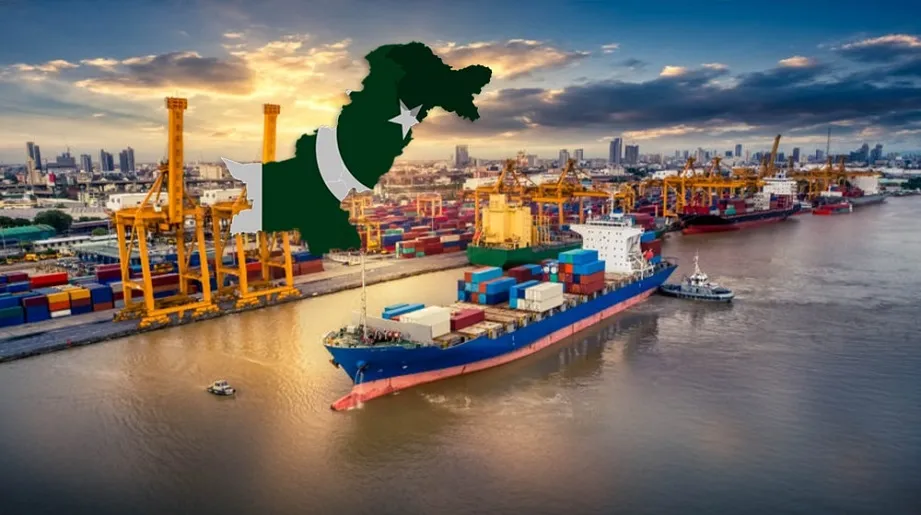Islamabad: In a bid to enhance its global economic standing, Pakistan has appointed 28 new Trade and Investment Officers (TIOs) to represent the country in foreign missions.
These officers, selected through a merit-based process, will undergo specialized training at the Pakistan Institute of Trade and Development (PITAD) in Islamabad before their assignments.
The move marks a shift in Pakistan’s economic diplomacy, with a greater emphasis on trade and investment rather than traditional ceremonial roles.
Commerce Minister Jam Kamal, during the launch of the training session, highlighted that this new approach signifies a change in the TIOs’ roles, positioning them as active players in Pakistan’s economic diplomacy.
The performance of the officers will be evaluated based on clear metrics focused on driving trade, investment, and economic growth, rather than the usual diplomatic functions.
Minister Kamal urged the officers to promote Pakistan’s economic potential by showcasing key exports such as mangoes, basmati rice, and high-quality soccer balls.
He also emphasized the importance of adapting to the evolving global economic landscape, encouraging the TIOs to explore trilateral cooperation models and embrace innovative approaches to navigating the new economic order.
Commerce Secretary Jawad Paul echoed this sentiment, stressing the need for trade and investment to take precedence over political diplomacy.
He urged the officers to engage proactively with chambers of commerce and multinational companies to bolster Pakistan’s economic profile.
This initiative reflects the government’s commitment to economic diplomacy, with the TIOs poised to play a crucial role in driving Pakistan’s economic growth and fostering international collaborations.
Pakistan Global Trade
Pakistan’s global trade has shown notable growth in recent months, reflecting a strategic shift towards enhancing export performance and diversifying international partnerships.
Read More: Pakistan’s Trade Deficit with Middle East Rises to $9.35 Billion on Back of Oil Imports
In the first quarter of fiscal year 2024–25, exports increased by 14.11% year-on-year, reaching $7.88 billion, driven by sectors like textiles, agriculture, and industrial goods .
This growth trend continued into the first five months of FY25, with exports totaling $13.69 billion, marking a 12.57% increase compared to the same period last year .
Bilateral trade initiatives have also contributed to this upward trajectory.
For instance, during a visit to Islamabad, Malaysian Prime Minister Anwar Ibrahim and Pakistani Prime Minister Shehbaz Sharif agreed to enhance economic cooperation across sectors such as energy, agriculture, and tourism, aiming to boost bilateral trade beyond the $1.5 billion recorded in FY 2023–24 .
Additionally, the recent reopening of the Torkham border crossing with Afghanistan is expected to facilitate smoother trade flows, as Afghanistan is a significant trading partner, with trade exceeding $1.6 billion in 2024 .
Also Read: Pakistan, China Agree to Boost Dye Trade at InterDye 2025
Despite challenges like a rising trade deficit and global economic uncertainties, Pakistan’s concerted efforts to boost exports and strengthen international trade relations are fostering a more resilient and diversified trade landscape.









